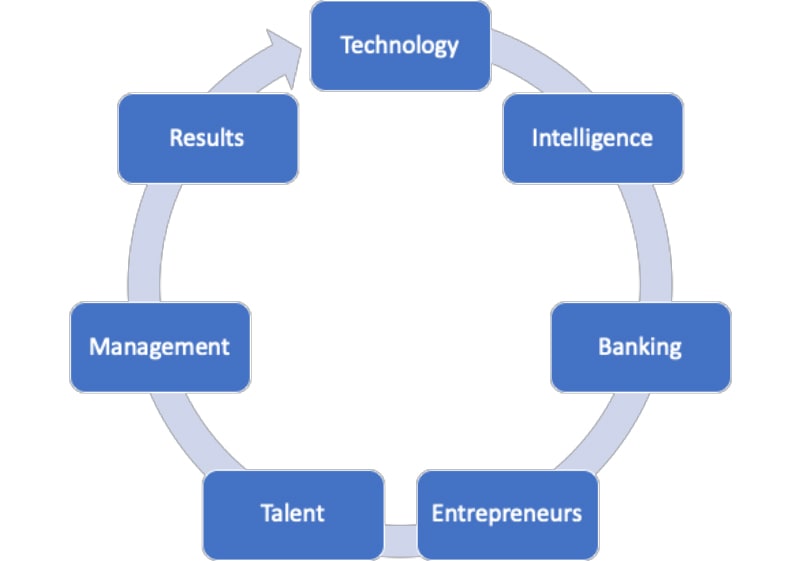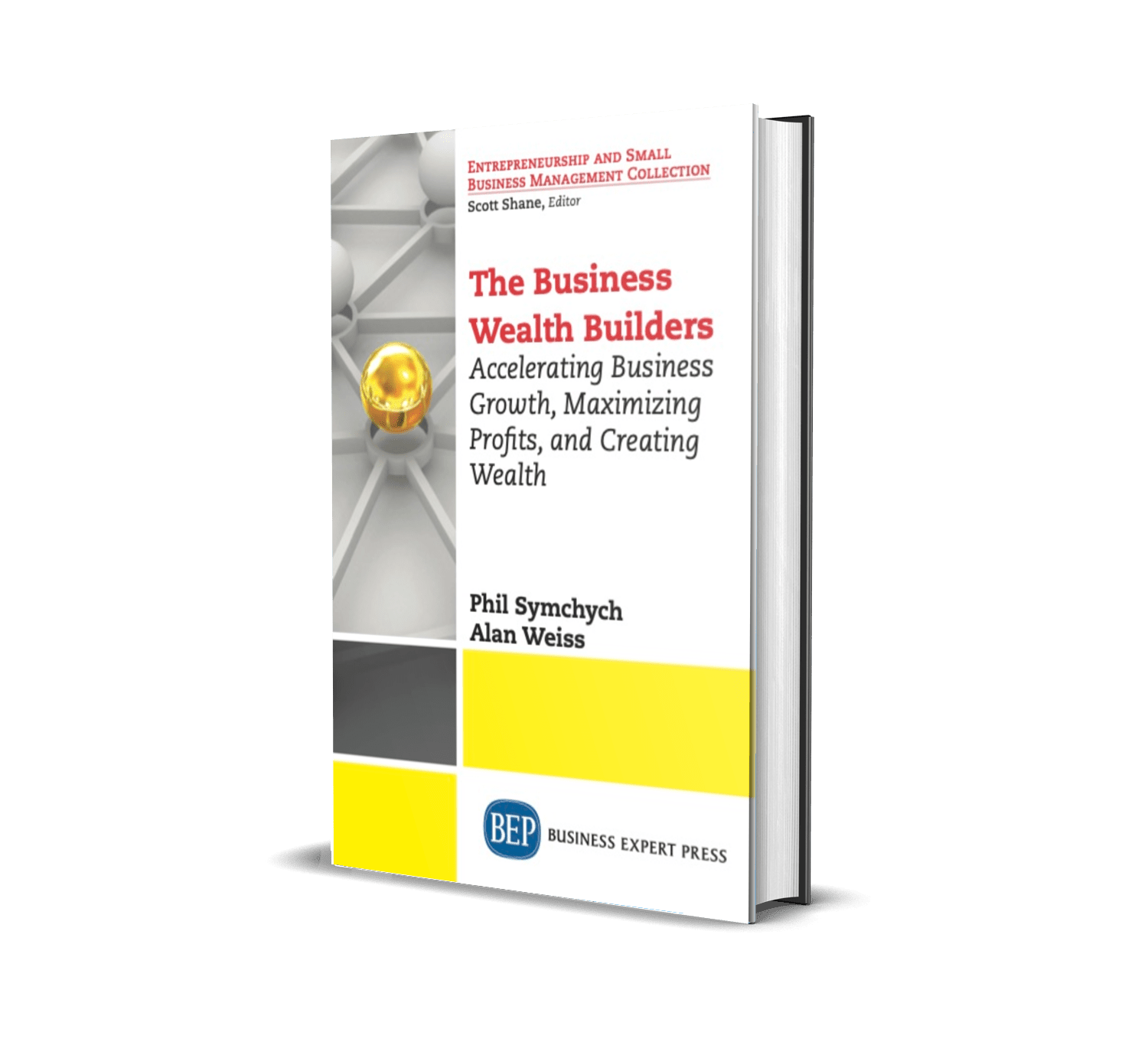The new year and the new decade are well under way.
However, if this year seems exactly the same as last year, then maybe you haven’t adjusted your perspectives or changed your expectations yet. Are you repeating last year or creating a new year?
Business is moving faster. A year now is like three years in the past. That means the opportunities appear faster, and you can grow more quickly, if you are proactive and strategic.
As you’re reading, think about how the factors below can impact and accelerate your business growth.
Here are my expectations for the new year, starting now:

- TECHNOLOGY: Artificial Intelligence (AI) will continue to evolve as a productive management process for all businesses, although it has a long way to go to be useful for small/medium companies. Computers can read, sort, and input data faster than any accounting clerk. However, an intelligent person still needs to review, verify, and correct the errors because AI doesn’t make artificial mistakes, it makes real mistakes.
- What risks does AI impose on your business?
- How can AI improve your business?
- INTELLIGENCE: Real Intelligence—the kind you’ve gained from experience, emotion, and judgement—will be even more valuable. That’s because computers don’t do business with computers; people do business with people.
- What is AI missing that’s relevant for you?
- How can you add Real Intelligence into your business?
- BANKING: Banks and financing sources will continue to reduce their risk by tightening up loan criteria. Reducing risk is good. The banks’ opportunities for growth are recurring revenues from their sophisticated and valuable cash management and transaction systems.
- How can you reduce your risk and increase your recurring revenues?
- How are you strengthening your balance sheet to ensure you are bankable?
- ENTREPRENEURS: Small and medium businesses, which generate 54% of the GDP in the top 17 economies of the world, according to the World Bank, will continue to lead job creation, innovation, and economic development because they are nimble, efficient, and responsive. The big public companies worldwide are shifting from creating demand for their products (traditional marketing) to being more entrepreneurial, innovating faster, and meeting the customers’ changing needs (modern marketing). Growth comes to the speedy who see an opportunity, then generate an idea, test it, adjust it, and grow it in the real world.
- What opportunities are you seeing in the market?
- How fast can you respond, adjust, and grow?
- TALENT: Talent is transient. Skilled employees will be more connected to more customers, more mobile, and more global because they’ll be able to sell their expertise to the highest bidder. The lifelong employee is long gone. The employee as contractor model is weak. Big companies will continue to outsource their non-core activities to people who specialize in those activities.
- What expertise do you need in-house?
- What tasks can you systematize, automate, or outsource?
- How can you offer career progression, engagement, and excitement to the future experts?
- MANAGEMENT: The role of managers in small/medium enterprises will not be to do tasks, or inputs, but to help people utilize systems and resources (including information) to increase results, or outputs.
- Are your managers focused on inputs or outputs?
- What information do your managers need to make better decisions, take better actions, and achieve better results?

